Cost of Clutter Calculator: See The Price
Use the Cost of Clutter Calculator to discover the hidden financial and time costs of disorganization. Quantify your waste and get a plan to start saving money today.
The Cost of Clutter Calculator
Answer a few questions to reveal the hidden price tag of disorganization in your life. The results might surprise you.
Your Estimated Annual Cost of Clutter
How to use this tool: Be honest with yourself and answer the questions above based on your habits over the last year. Click the “Calculate” button to see an estimate of how much time and money disorganization may be costing you annually. The breakdown will show you exactly where the leaks are.
The Cost of Clutter Calculator: Revealing the Hidden Price Tag on Your Mess
I want you to think about your clutter for a moment. Not as a pile of stuff, but as a hole in your pocket. It’s a silent expense, an invisible thief that steals not just your money, but something far more valuable: your time. As someone who has dedicated my career to optimizing small spaces at Neat Tiny Home, I’ve seen firsthand that the most significant benefit of an organized home isn’t just aesthetics; it’s the financial and mental freedom it provides. The problem is, these costs are hidden. They don’t appear on a bank statement. That’s why I created this **Cost of Clutter Calculator**. It’s designed to do one thing: make the invisible visible. It’s a wake-up call, an eye-opening tool to show you the real, quantifiable price of disorganization so you can be motivated to plug those leaks for good.
We often underestimate the cumulative impact of small, daily frustrations. Ten minutes spent frantically searching for your keys doesn’t feel like much in the moment. Paying a $25 late fee for a bill you misplaced feels like a one-time mistake. Buying another roll of tape because you can’t find the one you *know* you have seems insignificant. But when you use a tool like the **Cost of Clutter Calculator**, you see how these tiny drops of waste accumulate into a flood over the course of a year. This isn’t about shaming or making you feel guilty. It’s about empowerment. Knowledge is power, and knowing exactly how much your clutter is costing you is the ultimate motivation to begin the rewarding journey of decluttering and organizing.
Clutter is a Financial Drain in Disguise
Let’s break down the tangible ways disorganization quietly drains your wallet. The most direct costs are often the ones we dismiss as “the cost of living.” First, **duplicate purchases**. A survey by the research firm NPD Group found that disorganization leads many consumers to buy items they already own. This isn’t about big-ticket items; it’s the death-by-a-thousand-cuts of buying batteries, spices, light bulbs, and cleaning supplies you already had, buried in the back of a chaotic cabinet. Second, **late fees**. A study by the Financial Industry Regulatory Authority (FINRA) highlights that missed payments can negatively impact credit scores and incur hefty fees. When your bills are lost in a sea of paper, you’re essentially paying a premium for disorganization. Finally, there’s **food waste**. The American Chemistry Council estimates that the average American family throws out over $640 worth of food each year, much of it due to poor visibility and organization in the fridge and pantry. These are not small numbers, and they add up fast.
Your Most Valuable Asset: The Time Cost of Disorganization
If the financial cost is a leak, the time cost is a hemorrhage. Your time is a finite, non-renewable resource. Every minute you spend looking for a misplaced item is a minute you’ll never get back. The **Cost of Clutter Calculator** often reveals a shocking number of hours lost per year—sometimes equivalent to an entire week of vacation! Think about that: you could be spending a week relaxing on a beach with the time you currently spend searching for your wallet. This constant searching also contributes to what psychologists call “decision fatigue.” Your brain has a finite capacity for making good decisions each day. When you waste that mental energy on low-level, frustrating tasks like finding your shoes, you have less bandwidth for the important decisions in your life. As referenced in a study highlighted by the American Psychological Association, chronic stress (which clutter contributes to) has significant health implications. Freeing yourself from the constant, low-grade stress of a messy environment is an investment in your long-term well-being.
From Cost to Savings: A Plan to Reclaim Your Resources
Seeing a high number on the **Cost of Clutter Calculator** can be alarming, but the good news is that you have 100% control over changing it. Reclaiming that money and time is entirely within your grasp. Here is a simple, actionable plan to start plugging the leaks:
- 1. Create a “Launch Pad”: This is a designated spot by your main door for all essential “out-the-door” items. Install a small shelf or a bowl for your keys, wallet, and sunglasses. You will never waste time looking for these items again.
- 2. Build a “Command Center”: Designate one area to handle all incoming mail and bills. Get a simple letter tray or a wall file. All mail goes here, and it gets processed once a week—no exceptions. This single habit can eliminate late fees forever.
- 3. The 15-Minute Daily Tidy: Set a timer for 15 minutes every evening and do a quick “reset” of your main living area. Put things back where they belong, wipe down counters, and sort any new clutter. This prevents small messes from turning into overwhelming projects.
- 4. “First In, First Out” Pantry System: When you buy new groceries, move the older items to the front of the shelf or fridge and put the new items in the back. This simple inventory management trick, used by all grocery stores, drastically reduces food spoilage and waste. For more tips on this, I love the advice from financial wellness site NerdWallet.
- 5. The “One-Touch” Rule: When you handle an item, especially mail or a small object, try to put it away in its final destination immediately. Don’t just move it from the table to the counter. Deal with it once. This prevents piles from ever forming in the first place.
The Emotional ROI (Return on Investment) of an Organized Home
While the **Cost of Clutter Calculator** focuses on time and money, the biggest return on your investment in decluttering is emotional. It’s the feeling of calm when you walk into your home after a long day. It’s the pride you feel when a friend drops by unexpectedly. It’s the mental clarity that comes from living in an environment where everything has a purpose and a place. You cannot put a price tag on that feeling. Decluttering is not about having less; it’s about making room for more. More peace, more time, more energy, and more money for the things that truly matter to you and your life.
Take the first step. Use the calculator, see your number, and then pick just one of the action steps above to implement this week. You’ll be amazed at how quickly you can turn that cost into a savings.
What was the most surprising cost the calculator revealed for you? Are there other hidden costs of clutter you’ve noticed in your own life? Share your “aha!” moments in the comments below!
Frequently Asked Questions (FAQ)
- Are the assumed costs in the calculator accurate?
The calculator uses conservative, average estimates for things like late fees and the cost of small items. Your personal costs might be slightly higher or lower, but the tool is designed to provide a reliable ballpark figure to illustrate the financial impact of clutter.
– - My kitchen is so messy I order takeout, but isn’t that a lifestyle choice?
It can be, but the calculator addresses the times you get takeout not because you *want* to, but because you *can’t* cook. If the high barrier of a messy kitchen is forcing your decision, that’s a direct cost of clutter. It removes your choice. - How can I put a dollar value on my time if I’m a student or not employed?
Even if you don’t have an hourly wage, your time is incredibly valuable. You can think of the result in terms of what you could be doing with those lost hours: studying, relaxing, working on a hobby, or spending time with loved ones. The goal is to recognize that the time lost is significant, regardless of its monetary value. - How long will it take to see the financial benefits of decluttering?
You can see benefits almost immediately. The first time you find a bill and pay it on time, you’ve saved money. The first time you “shop” your own pantry instead of going to the store, you’ve saved money. The positive financial impact of organization starts right away.

Decluttering Decision Tool: Keep or Toss?
Decluttering Decision Tool, Free Tools
Our Decluttering Decision Tool is a simple quiz to help you decide what to keep,…Read More
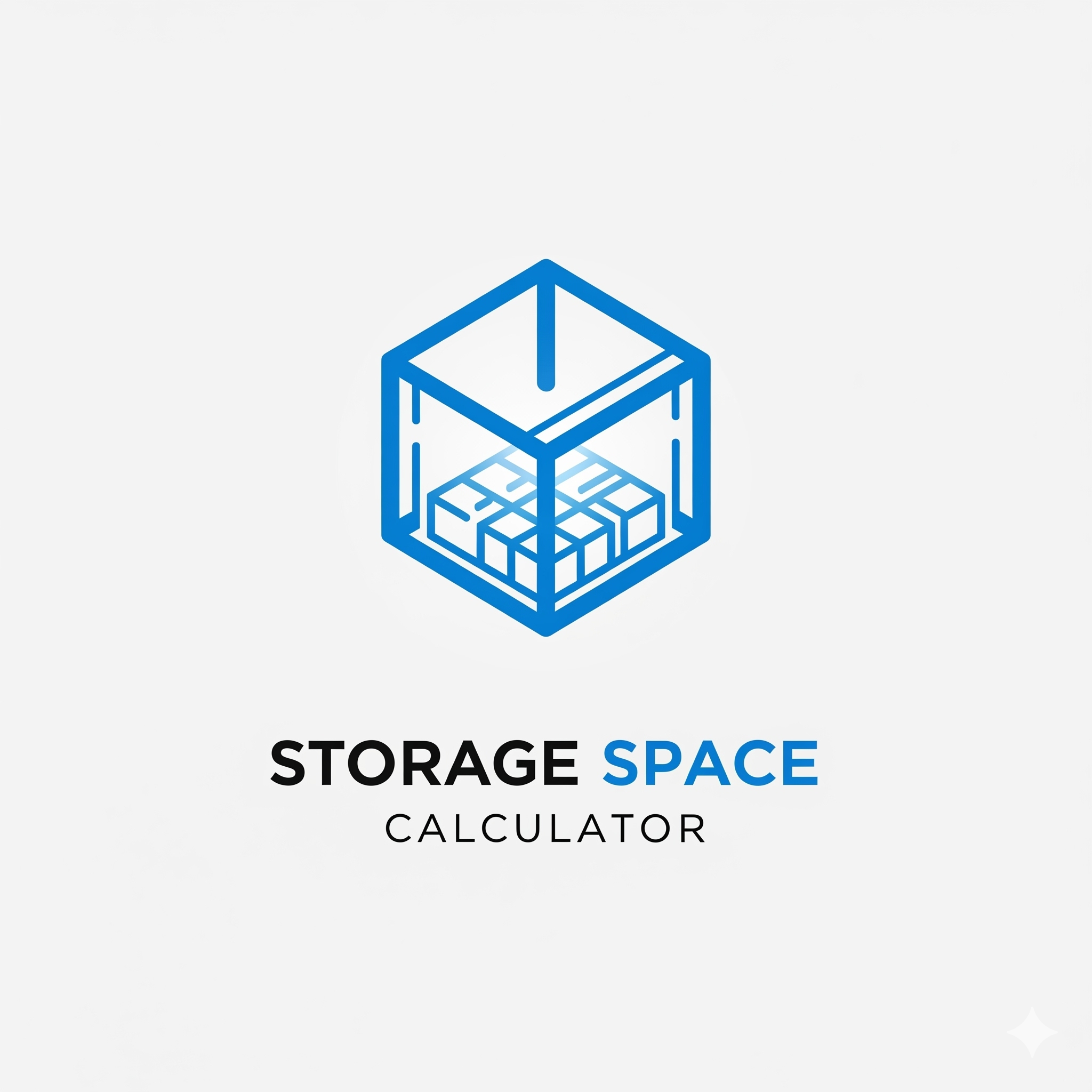
Free Tools, Storage Space Calculator
Storage Space Calculator: Maximize Your Home
Storage Space Calculator for tiny homes. Instantly calculate the volume of any closet, cabinet, or…
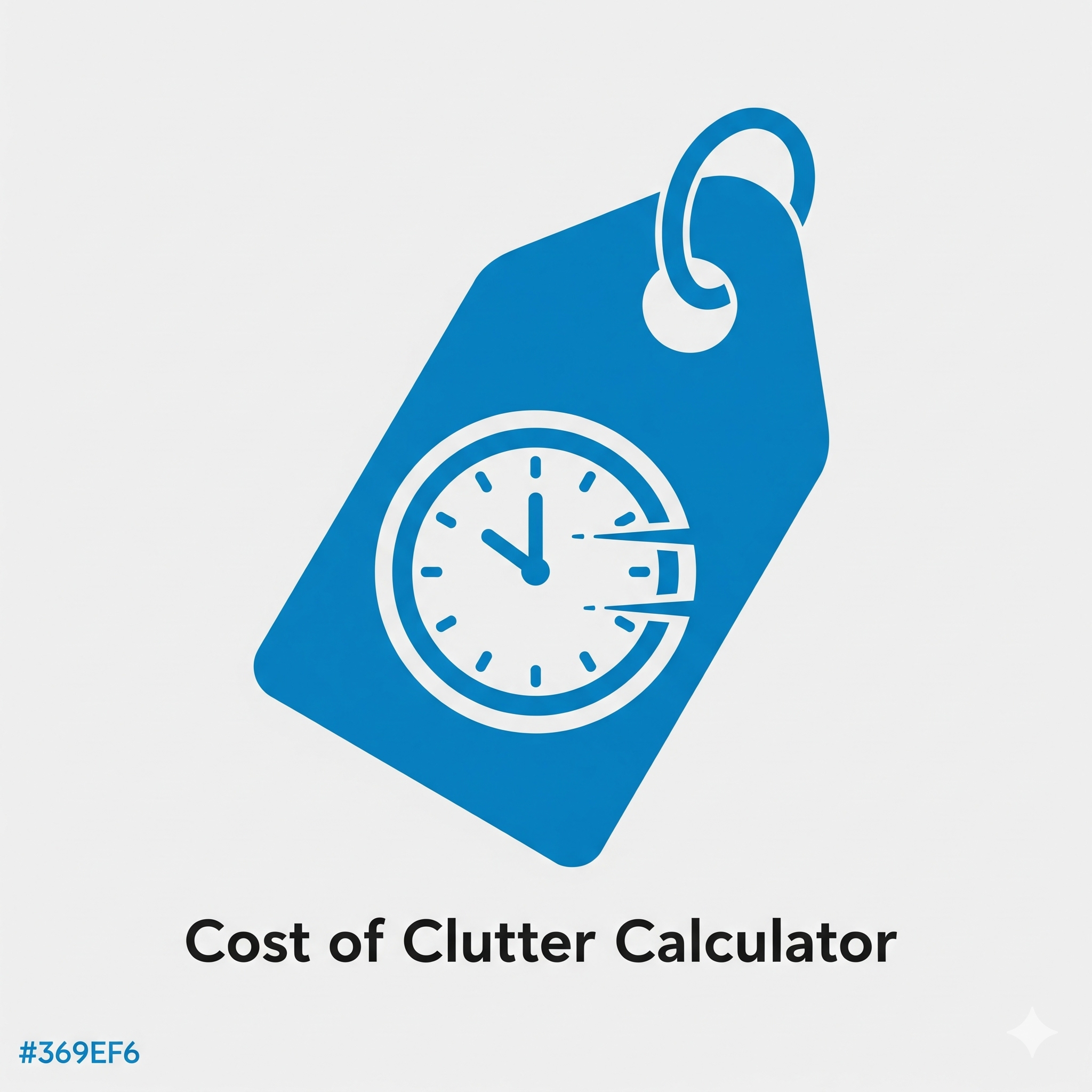
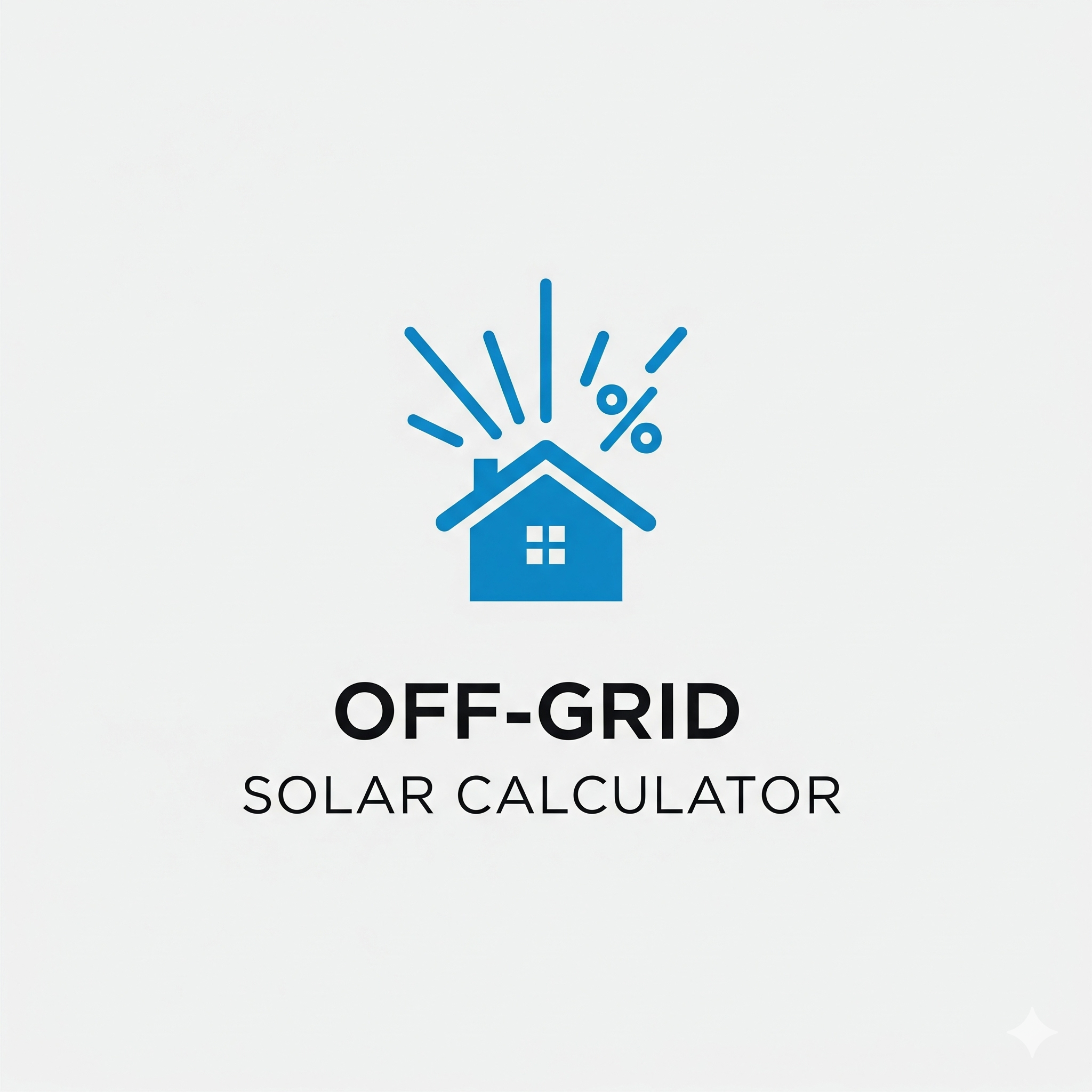
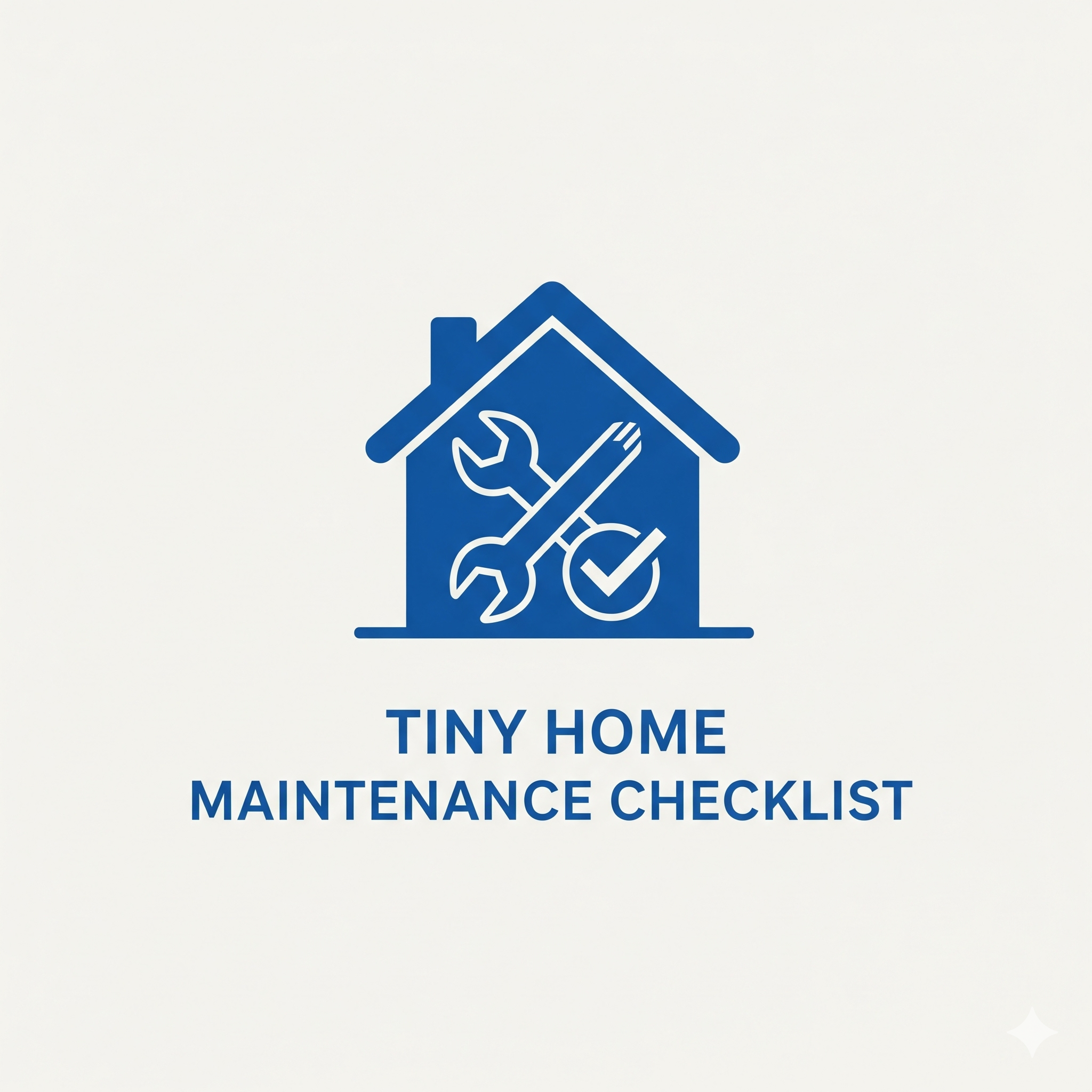
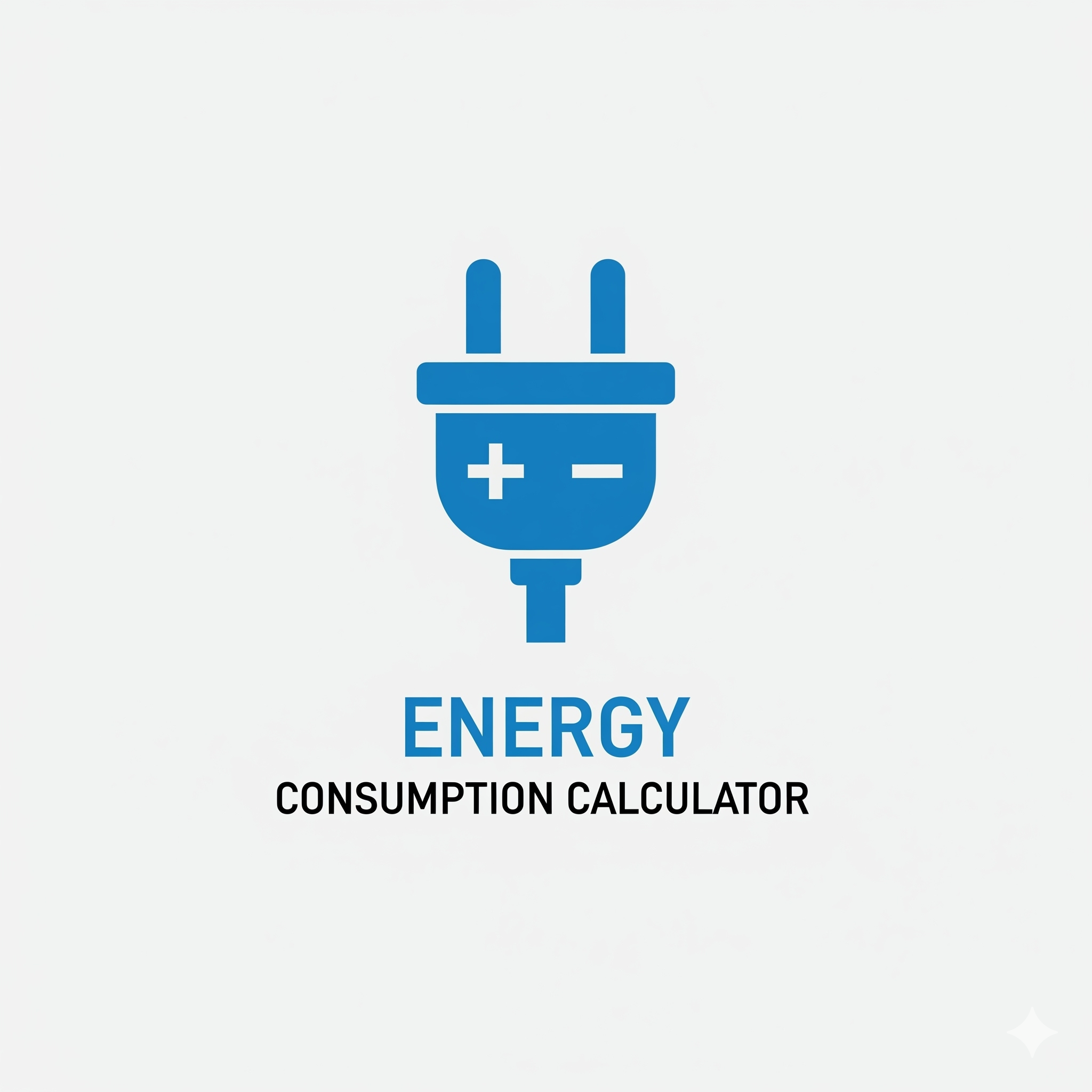
Post Comment